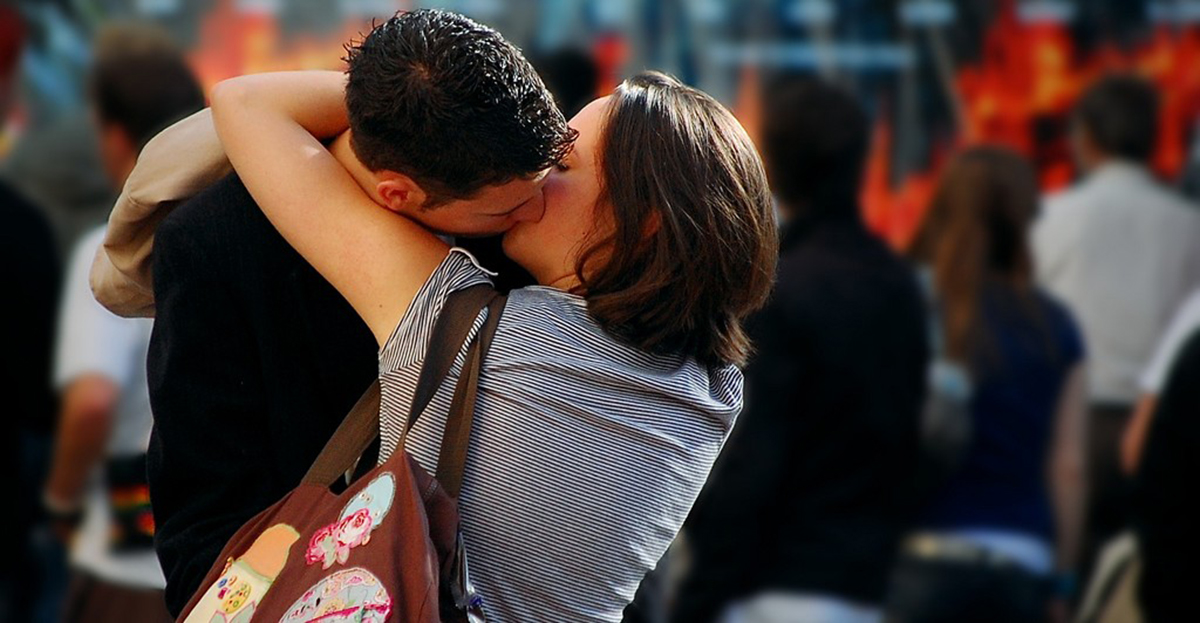Table of Contents
“Hands and Foot Disease” is caused by the Coxsackie A virus. It is a disease that presents with a rash of palms and soles, vesicles around the oral cavity (herpangina), throat pain and fever. It is more common in school-age children, and parents can contract the disease by kissing their children if they are infected.

Warts
Would you catch cervical cancer from kissing someone with Human papillomatosis of the mouth? No, the reason being that the strands of HPV that cause oral warts are not the same as those that cause warts in the anogenital tract. Therefore, kissing someone with oral warts does not increase your risk of developing cervical cancer. And despite the fact that women are the ones who might develop cervical cancer from HPV, note that the HPV infection most likely comes from somewhere: men. Therefore, men are carriers of the virus but not of the cancer. Going back to the oral lesions, the warts caused by HPV are shaped like cauliflowers and are highly infectious. Therefore, just like herpetic sores, refrain from touching them as they are filled with viral particles ready to infect and simply waiting for signal. The warts can be removed by liquid nitrogen and freezing.
Tooth Decay
Just by the fact that they are located in the oral cavity, our teeth are prone to decay. The primary factor that contributes to this is the release of digestive enzymes during mastication and food breakdown in the oral cavity. In addition, acid is released to facilitate the process, which affects the teeth enamel further. When bacteria willingly join the party and modify the pH, the medium is created for tooth decay. Overgrowth of bacteria of the normal flora of the mouth can cause diseases, and these too can be spread – rather easily – by kissing.
Streptococcal Diseases
Streptococcal diseases such as “Strep throat” (streptococcal pharyngitis) are spread via respiratory droplets. And because the oral cavity is so close to the nose, it creates adequate opportunities for infections to spread. Streptococcus Pyogenes is the strain of streptococcus that causes strep throat. But in addition to this, other members of the family can also transmit diseases directly via kissing. This includes Streptococcus Viridans (responsible for dental caries and dental plaques), Streptococcus Pneumoniae (which can cause meningitis and pneumonia with deep kissing), and another distant relative of the species, Neisseria Meningitides. This mode of transmission is more pronounced and thus more dangerous in newborns, toddlers and school age children.
Can HIV be transmitted through kissing?
HIV particles (even Hepatitis C particles) have been identified in the saliva of infected patients. However, the viral load in the saliva is not sufficient to cause an HIV infection, even with a minimal break to the oral mucosa. Therefore, researchers have safely agreed – on the basis of analysis and observations - that one cannot get infected with HIV by kissing an infected person.
See Also: Sexually Transmitted Diseases: Testing And Prevention
Oral hygiene remains the mainstay in the prevention of mouth and teeth disease. And at the end of the day, the key message is this: do not stop kissing, but be careful who you kiss.
- Mindmap by steadyhealth.com
- Photo courtesy of Cristiano Betta by Flickr : www.flickr.com/photos/cristiano_betta/2693602561


Your thoughts on this